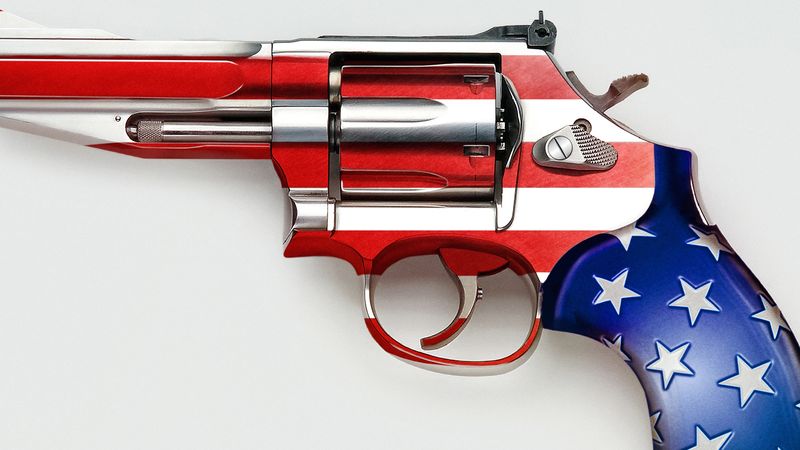Ever since the Las Vegas mass shooting last October, I’ve wanted to blog about gun control. But I also wanted to wait—to see whether that mass shooting, though the deadliest to date in U.S. history, would quickly slip into the dull recesses of the American public subconsciousness just like all the rest. It did, and once again we find ourselves in the same sorry cycle of inaction that by this point is painfully familiar to everyone.
I also recently came across a 2016 study, by Kalesan, Weinberg, and Galea, which found that on average, Americans are 99% likely to know someone either killed or injured by gun violence over the course of their lifetime. That made me wonder: how can it possibly be that Americans remain so paralyzed on this issue if it affects pretty much everyone?
It could be that the ubiquity of gun violence is actually the thing that actually causes the paralysis. That is, gun violence affects almost everyone just as Kalesan et al argue, but the reactions Americans have to the experience are diametrically opposed to one another. These reactions result in hardened views that inform people’s voting choices, and since these choices more or less divide the country in half across partisan lines, the result is an equilibrium where nothing can ever get done on gun control. So on this reading, it’s not so much a paralysis of inaction so much as a tense political stalemate.
But it could also be something else. Kalesan et al calculate the likelihood of knowing someone killed or injured by general gun violence over the course of a lifetime, but they don’t focus on mass shootings in particular. Their methodology is based on basic principles of probability and some social network theory that posits people have an effective social network numbering a little fewer than 300 people. If you look at the Kalesan et al paper, it becomes clear that their methodology can also be used to calculate the likelihood of knowing someone killed or injured in a mass shooting. It’s just a matter of substituting the rate of general gun violence for the rate of mass shooting in their probability calculation.
It turns out that the probability of knowing someone killed/injured in a mass shooting is much, much lower than for gun violence more generally. Even with a relatively generous definition of what counts as a mass shooting (four or more people injured/killed not including the shooter, according to the Gun Violence Archive), this probability is about 10%. When you only include incidents that have received major national news media attention—based on a list compiled by Mother Jones—that probability drops to about 0.36%.
So, it’s possible the reason Americans continue to drag their feet on gun control is that the problem just doesn’t personally affect enough people. Curiously, the even lower likelihood of knowing someone killed or injured in a terrorist attack doesn’t seem to hinder politicians from working aggressively to prevent further terrorist attacks. Still, if more people were personally affected by mass shootings, more might change their minds on gun control like Caleb Keeter, the Josh Abbot band guitarist who survived the Las Vegas shooting.

